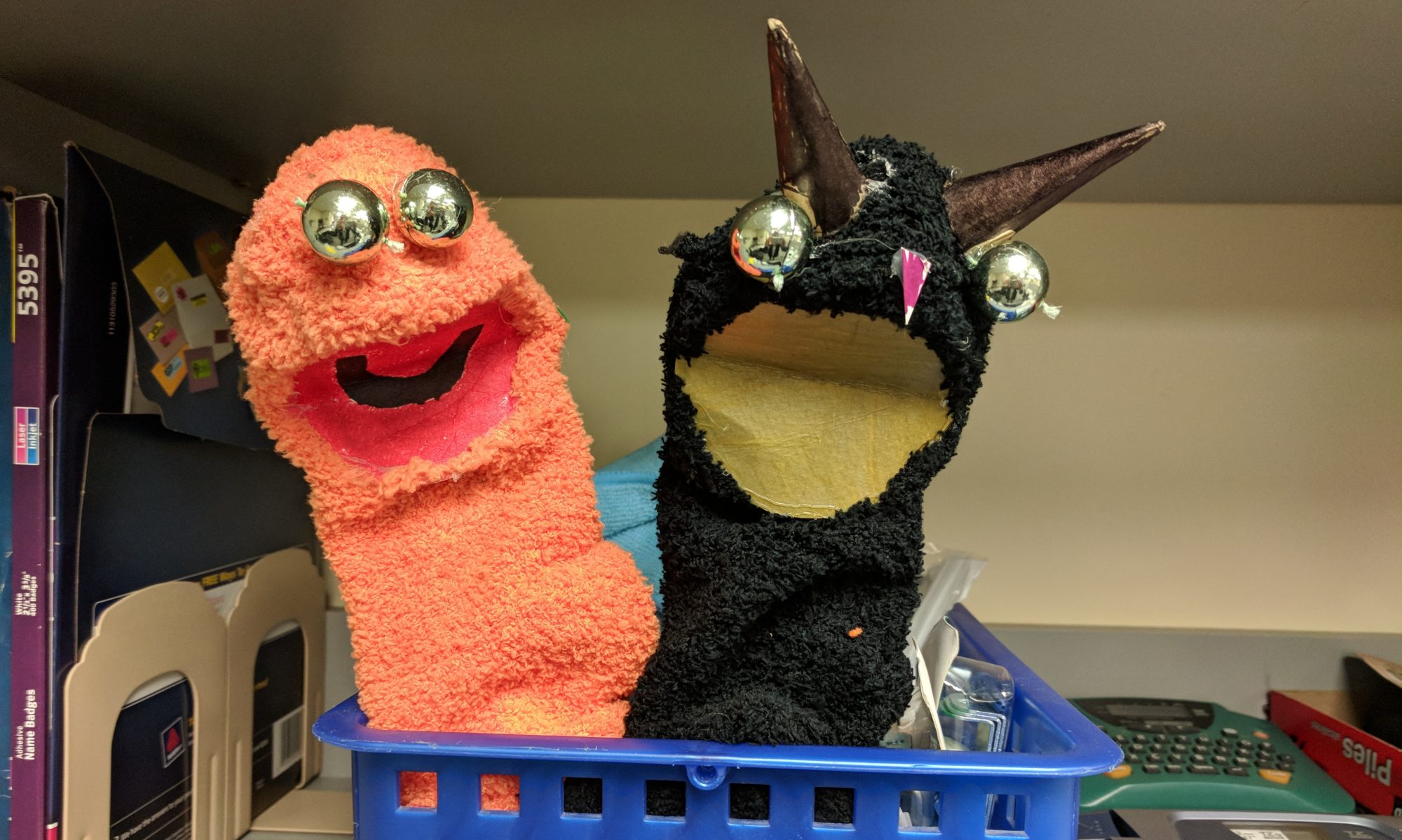Posted with Leah’s permission:
“Hi Liz,
I’m enrolled to start at Drexel this fall. But I’ve suddenly developed some weird cloud over my head about the enormous debt I’m going to face when I get out…(all the financial doomsday prophesies don’t help either) I mean, I am passionate about it, but it’s like some fear bug hopped on the train and is trying to get me to pull the brake. How has it been since you graduated? Did it take time to find work? What has been most rewarding from the degree? I’m beginning to think I should just continue volunteering and working a mediocre job to pay the bills.. but I don’t want to settle yet.
Thanks,
Leah
Hi Leah,
I can understand where you’re coming from. The idea of being buried under a sea of debt is scary, and I applaud your practical thinking!
For me (and most of the people I graduated with), I had no problem finding a job after leaving school…but that doesn’t mean that the jobs turned out to be “dream jobs”. In the psyc field, you need to pay your dues for a few years after graduating before you can begin being selective about the work you do. For example, it takes approximately 2 years of full time work before you gain enough hours to become licensed (as an Art Therapist and as a Licensed Professional Counselor). Also, the pay scale is not great for many of these jobs.
That being said, if you love art therapy, there maybe something you can do to help repay your student loan debt quickly. Since I’m not American, I never had to deal with the student loan system…so I’m unclear as to how this works. However, it’s my understanding that if you take a job with qualified agencies who work with underserved populations, and you work for X amount of time, your student loan will be forgiven. I did a quick google search, and here’s some info I came up with: http://nhsc.hrsa.gov/loanrepayment/ At first glance, it seems that you need to get licensed first and then you can try for one of these jobs.
Going back to my Drexel degree—There were many rewarding parts of my education. Firstly, my cohort really connected with one another, and I keep in touch with many of my old classmates, even though I live across the country. I can say the same about the faculty. I found them to be nurturing and they really helped me to establish myself as a professional in the mental health field. Also, I found that the amount of learning that took place during my grad school education was tremendous! I grumbled about it while I was reading hundreds of pages a night and writing papers, but in retrospect, I got a lot out of it and found myself more prepared than most new therapists to work in mental health.
I hope this helps clarify things for you :) It’s one of those things that you need to decide to jump into somewhat blind…we cannot foresee what the future holds, but we can make an educated choice. I also would encourage you to check out my post about getting a Doctorate degree and Cathy Malchiodi’s 6 posts on choosing art therapy as a field.
Warm Regards,
– Liz
